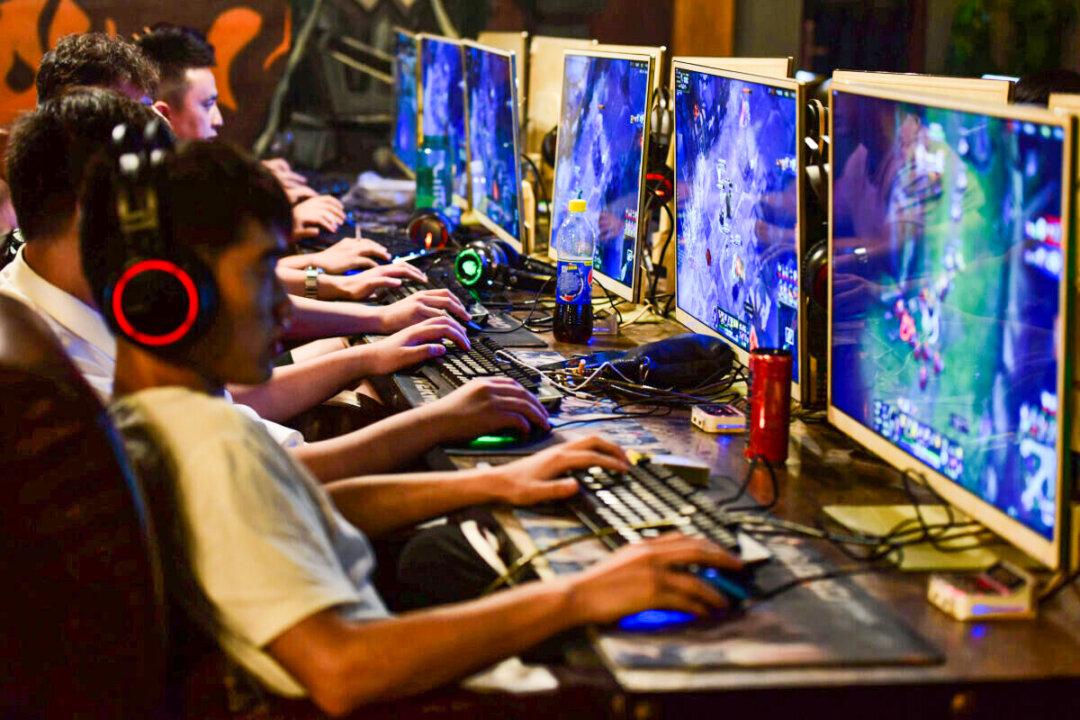Governments worldwide are being warned to “err on the side of caution” when engaging with Beijing or international bodies heavily influenced by the communist regime in relation to shaping the future of the internet.
In a new report, the Australian Strategic Policy Institute (ASPI) says the Chinese Communist Party (CCP) is hoping to export its domestic online censorship around the world by influencing how global bodies, like the World Internet Conference, shape the rules and values that govern cyberspace.





